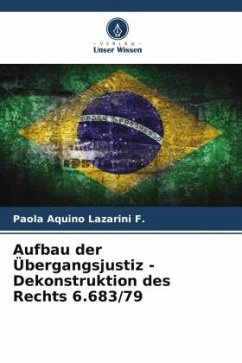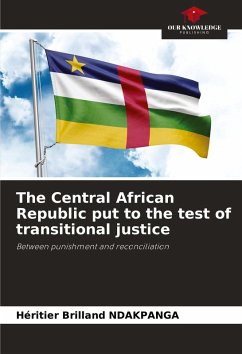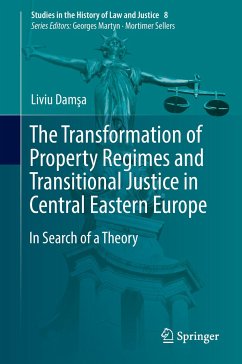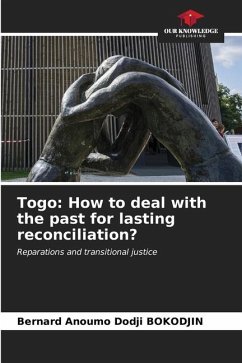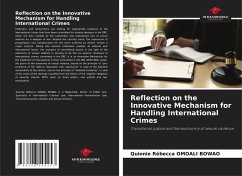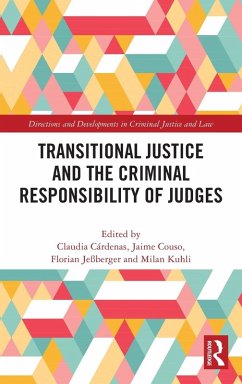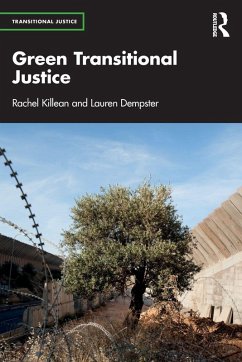
Building Transitional Justice - Deconstructing Law 6.683/79
Versandkostenfrei!
Versandfertig in 6-10 Tagen
43,99 €
inkl. MwSt.

PAYBACK Punkte
22 °P sammeln!
Knowing your own history is an absolutely necessary endeavour, especially when you want to build a healthy, concrete and unthreatened democracy. Knowing one's past in order to build a conscious future is just one of the facets of Transitional Justice, which is essential in post-authoritarian periods. This work, the result of research carried out for a dissertation in the Master's programme in Law and Social Justice, briefly recalls the events that led to the military dictatorship established in Brazil in 1964, up to the moment when the Brazilian Amnesty Law was challenged before the Supreme Co...
Knowing your own history is an absolutely necessary endeavour, especially when you want to build a healthy, concrete and unthreatened democracy. Knowing one's past in order to build a conscious future is just one of the facets of Transitional Justice, which is essential in post-authoritarian periods. This work, the result of research carried out for a dissertation in the Master's programme in Law and Social Justice, briefly recalls the events that led to the military dictatorship established in Brazil in 1964, up to the moment when the Brazilian Amnesty Law was challenged before the Supreme Court, and the role of the National Truth Commission established in the country. The process of "constructing" Transitional Justice in the country, as well as the process of "deconstructing" Law 6.683 of 1979, is briefly described in these writings, with the aim of explaining what this transactional movement is and how the judgement in the Gomes Lund vs Brazil case by the Inter-American Court of Human Rights made it impossible to apply the Brazilian Amnesty Law, a fact that is still unresolved in the courts today. These lines are intended to bring the reader closer to history itself.




